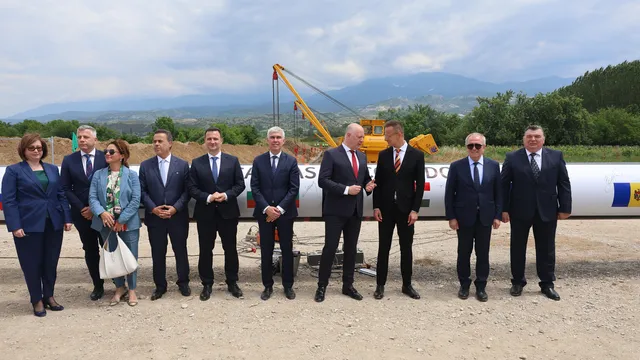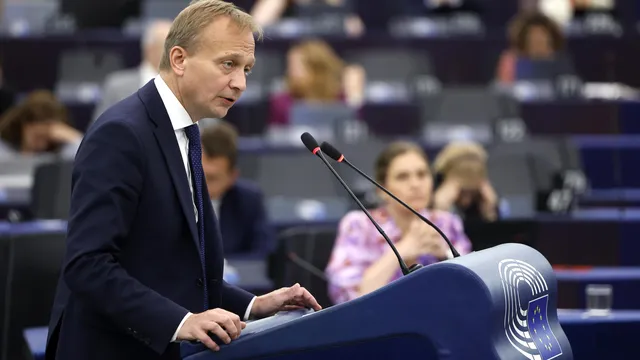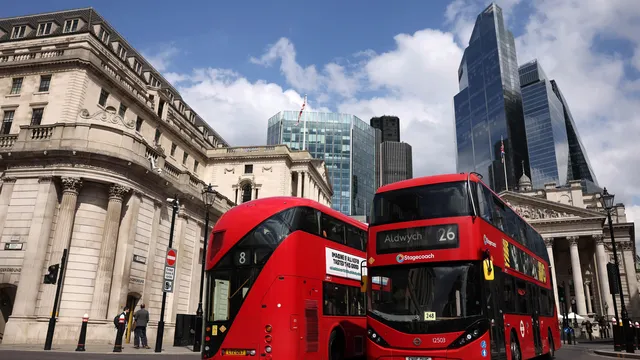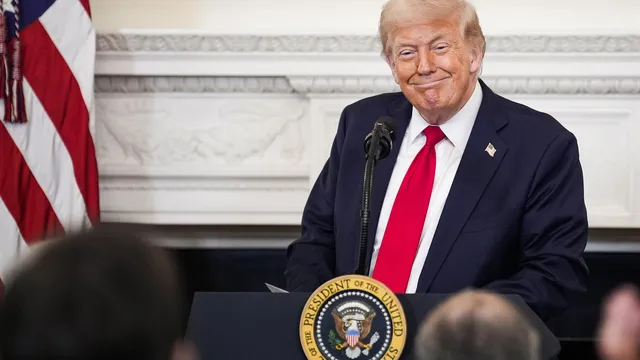Cheap energy is a matter of improving the quality of life for Bulgarian citizens. This was stated by Prime Minister Rosen Zhelyazkov during an inspection of the construction of the Vertical Gas Corridor near Strumyani, BGNES reported.
The official inspection was also attended by Energy Minister Zhecho Stankov, Hungarian Foreign Minister Peter Szijjarto, Greek Environment and Energy Minister Stavros Papastavrou, ambassadors, members of parliament, and other officials.
Cheap energy for a better life for citizens
Prime Minister Zhelyazkov described the inspection as an important political act. “It has political symbolism in that countries that are allies are providing opportunities for gas diversification,” the prime minister emphasized.
He pointed out that political will makes it possible to develop such large-scale projects, whose horizons are decades ahead.
“They will solve a major problem at the moment, but they will also enable competitiveness for decades to come and guarantee energy security and independence, both in terms of supply and transmission,” Prime Minister Zhelyazkov emphasized.
He is adamant that the supply of cheap energy is not a matter for political debate, but “a question of a better life for Bulgarian citizens and better opportunities for doing business in our economies.”
According to him, the more we stand together and support each other, all countries participating in the Vertical Gas Corridor project, the greater the benefits will be for our societies.
Added value for decades to come
Energy Minister Zhecho Stankov said that accelerating key infrastructure projects in the country is one of the government's top priorities. “Today we are taking a decisive step towards its implementation, and I am confident that we will complete the Vertical Gas Corridor on time and with high quality,” he said.
According to Minister Stankov, the fact that this project is supported by seven countries—Greece, Bulgaria, Romania, Hungary, Slovakia, Ukraine, and Moldova—is key to its successful implementation.
“The construction of the Vertical Gas Corridor is a symbol of European partnership, technology transfer, and the creation of cooperatives in the construction of such networks. European, Bulgarian, and American companies are creating added value in Europe that will remain for generations to come,” said the energy minister.
The first 15 km of pipes of the 48 km route between Kulata and Kresna have already been laid and welded, and almost the entire section has been cleared and prepared, as became clear during the inspection. Better energy connectivity between countries is key to ensuring diverse supplies from reliable sources, a fact that plays a leading role in the standard of living of the population and the competitiveness of the economy, Minister Stankov emphasized. According to him, the additional revenue that Bulgaria will receive from the operation of the facility will go to the state budget and thus benefit the whole society.
The Vertical Corridor in figures
The officials visited the Kulata-Kresna looping, which increases the capacity of the existing gas pipeline by 50% - from 2.3 billion cubic meters to 3.6 billion cubic meters per year. Upon completion of the Rupcha-Vetrino section on the Bulgarian-Romanian border, the capacity of the gas corridor will be increased by 100%.
Prior to the on-site inspection, Prime Minister Rosen Zhelyazkov and Ministers Stankov, Szijjarto, and Papastavrou reviewed the progress of the project from the air.
The Vertical Gas Corridor initiative aims to guarantee the security and continuity of energy supplies and ensure access to diversified sources of natural gas for both Bulgaria and the countries of the Southeast European region. Its implementation will enable the transmission of growing natural gas flows from south to north, from Greece through Bulgaria, Romania, Hungary, Slovakia, and Moldova, with the possibility of reaching Ukraine. The project is based on the expansion of an existing network rather than the construction of a completely new one.
The construction of the Bulgarian part of the project is divided into three sections: the “Lumping from Kulata to Kresna” section, the “Gas transmission pipeline from Piperevo to Pernik” section, and the “Lumping from Rupcha to Vetrino” section. This will increase the capacity for gas transmission from Greece to Bulgaria and from Bulgaria to Romania. І BGNES

 Breaking news
Breaking news
 Europe
Europe
 Bulgaria
Bulgaria







